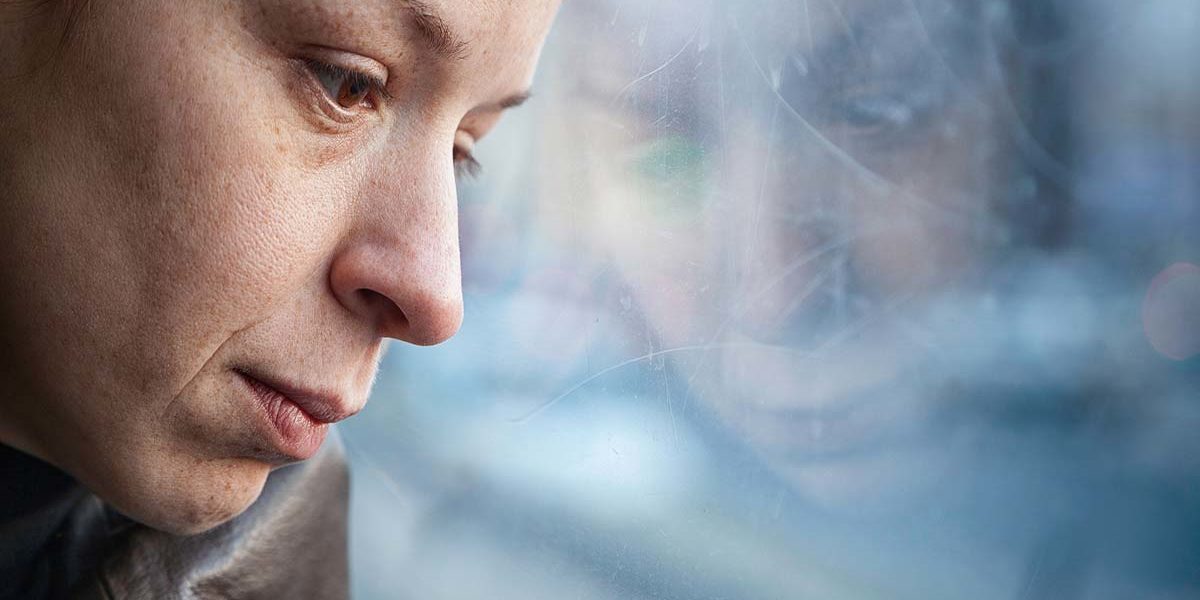If you’re worried that you may be depressed, you’re not alone. Depression is one of the most common mental health issues facing Americans today. According to the National Institute of Mental Health (NIMH), more than 17.3 million adults in the US suffered from a major depressive episode in 2017. That’s more than 7 percent of the population. As a clinical term, depression is a fairly broad one and can be broken into a large number of subsets based on specific causes and symptoms. Before getting into too much detail, let’s examine the fundamental question: Do I have depression?
Do I Have Depression: Symptoms
The simplest definition of depression is a prolonged or persistent downturn in mood. In any life, there will be some ups and downs, but depression is different. It stays with you, it lingers, it can take the joy out of the things you enjoy and replaces it with a sense of doubt and hopelessness.
Again, there is a difference between being down and being clinically depressed. To seek medical treatment for your mental health, you need to be diagnosed as such by a doctor. According to the 5th edition of the Diagnostic and Statistical Manual of Mental Disorders (DSM-5), such a diagnosis requires “a period of at least two weeks when a person experienced a depressed mood or loss of interest or pleasure in daily activities and had a majority of specified symptoms, such as problems with sleep, eating, energy, concentration, or self-worth.”
To answer the question, “Do I have depression?” ask yourself the following:
- Prolonged sadness
- Irritability
- Loss of appetite
- Trouble concentrating
- Puzzling aches and pains
- Lack of interest in once enjoyable activities
- Sleep issues
If you answered yes to two or more of these, you should consider reaching out to a professional for an assessment in order to help determine an appropriate clinical course of treatment.
Causes
Just as there are many types of depression, there is an equal number of potential causes of that depression. Here are a few of the more well-documented ones:
- Genetics—Depression is often a common thread that runs through generations of family members. If it’s in the gene pool, it’s likely to spread.
- Brain chemistry—Neurotransmitters like serotonin, norepinephrine, and dopamine play a massive part in regulating an individual’s mood. An imbalance in any one of these can easily throw a person’s brain chemistry out of order and bring on depression.
- Body chemistry—Too much or too little of certain hormones (such as estrogen, testosterone, thyroxine, and triiodothyronine) can also trigger depression.
- Biology—Certain areas of the brain can become inflamed or shrink under certain conditions, ushering in depression in the process. These areas include the amygdala, thalamus, and hippocampus.
- Environment—Your surroundings can have an immense impact on your mental well-being. Tension at home, at work, or in relationships can grow into a more general state of depression.
- Trauma—An event or series of events in one’s past can present a mental challenge for the sufferer to cope with. This challenge can manifest itself in numerous ways, including depression.
- Substance abuse—While substance abuse is known more as a method of coping with depression, it can just as easily be the cause of it. Regardless of which came first, a situation in which a substance abuse problem co-exists with a mental illness like depression is called a dual diagnosis.
Crossroads Maine
If you’re still wondering, “Do I have depression?” it’s a good idea to reach out to someone who knows. At Crossroads in Portland, ME, we specialize in helping people come to grips with mental illness or recover from substance abuse. We provide comprehensive recovery treatment in a compassionate, comfortable environment for those looking to regain control of their lives. Want to know more? Contact Crossroads Maine at 877.978.1667 now.


















